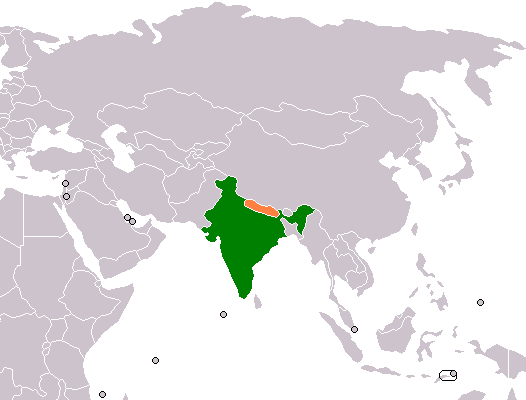
Thapa described how historically terrorists have leveraged Nepal as a staging point, pointing to past cases that underlined systemic vulnerabilities. He cited the 1999 hijacking of Indian Airlines Flight IC‑814 departing Kathmandu, along with the 2013 arrest of Abdul Karim Tunda—an operative linked to over 40 bombings in India—on the Nepal–India border. Another incident involved the capture of Yasin Bhatkal, co‑founder of the Indian Mujahideen, by Nepali police before his handover to Indian authorities.
At the same seminar, Dr Minendra Rijal, former defence minister of Nepal, emphasised that attacks in India have reverberating effects across the border, threatening Nepal's economic and social fabric. He warned that Pakistan’s sponsorship of terror networks has hampered SAARC's cohesion and damaged efforts toward regional integration, advocating for unified action similar to global responses after the 11 September attacks in the United States.
Chanda Chaudhary, Member of Parliament and ex‑minister, urged policymakers to crack down on money laundering, noting it as a critical enabler of cross‑border terrorism. Financial intelligence, she asserted, must be a cornerstone of any anti‑terror strategy. Former major general Purna Silwal added that regional counter‑terrorism efforts suffer from inconsistent application—insisting any double standards only embolden extremist groups.
Speakers also addressed contemporary incidents, including the April 2025 Pahalgam attack, in which victims were reportedly asked their religion before being shot, with at least one Nepali among the casualties. Dinesh Bhattarai, former diplomat, described the assault as a "brutal act" that demonstrated how religiously motivated violence can inflame domestic tensions and undermine communal harmony.
Echoing these concerns, Deputies from NIICE referred to both the 1999 IC‑814 hijacking and the Pahalgam killing of 26 civilians—one of whom was Nepali—as indicators that Nepal cannot afford complacency in border security.
Throughout the seminar, experts called for immediate enhancements in intelligence sharing, joint border patrols between Nepal and India, and curbs on illicit financial channels. Madhu Raman Acharya, former foreign secretary of Nepal, affirmed that Nepal stands "firmly with India" against terrorism, advocating for a coordinated regional response.
Research Director Pramod Jaiswal stressed that Pakistan has long been "the epicentre of terrorism in South Asia," maintaining that its historical role in fostering extremist groups necessitates vigilance from neighbouring states. According to the Economic Times, speakers warned that without cohesive cooperation, terror infrastructure risked exploiting Nepal’s soft underbelly to facilitate further infiltrations into India.
